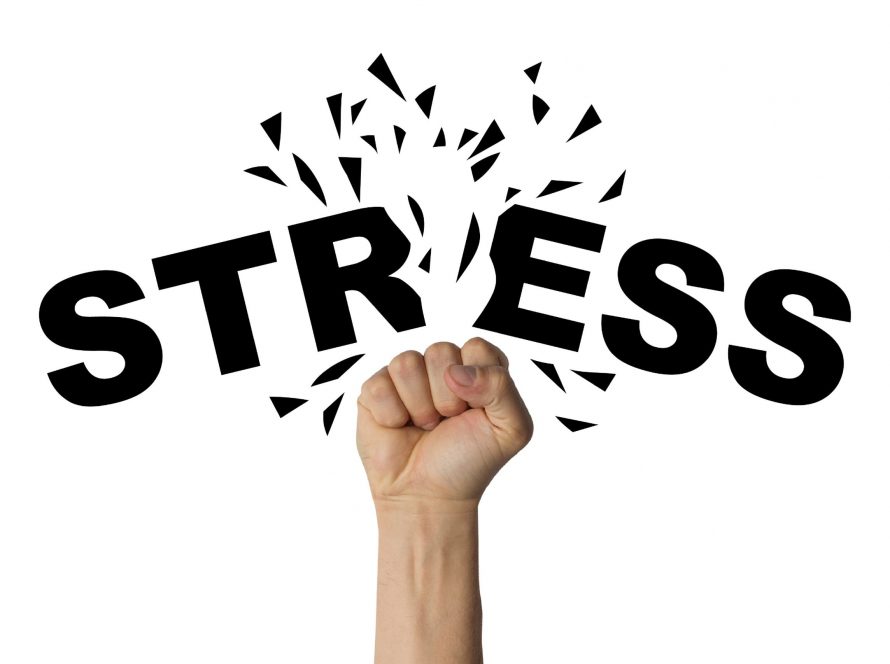Mental problems are one of the most difficult things to deal with. Not only do they affect our mood and how we think, but they can also lead to physical problems. Thankfully, there are a variety of medicines that can help us cope with mental problems.
Anti-anxiety medications can help us deal with the symptoms of anxiety, such as racing thoughts, sweating, and heart palpitations. These medications can also help us sleep better and feel more relaxed.
Antidepressants are another type of medication that can be helpful for mental problems. They can lift our mood, help us sleep better, and give us more energy. Antidepressants can also help us think more clearly and make better decisions.
Stimulants can also be helpful for mental problems. They can increase our energy and alertness, and help us focus better. Stimulants can also improve our mood and reduce anxiety.
There are a variety of other medicines that can be helpful for mental problems. These include antipsychotics, mood stabilizers, and anti-anxiety medications. Each person will respond differently to different medications, so it is important to work with a doctor to find the best medication for you.
Medicines for Anxiety
Anxiety is a condition that plagues many people. It can be caused by a variety of factors, including genetics, environment, and stress. Anxiety can manifest itself in many different ways, including physical symptoms like sweating and shaking, as well as mental symptoms like racing thoughts and feelings of dread. While there are many different treatments for anxiety, including therapy and lifestyle changes, sometimes medication is necessary to manage the symptoms. Here are some common medicines for anxiety.
Beta-blockers are a type of medication that can be used to treat anxiety. They work by blocking the effects of the hormone adrenaline, which can help to reduce the physical symptoms of anxiety, such as shaking and sweating. Beta-blockers are usually only prescribed for short-term use, as they can cause side effects like fatigue and low blood pressure.
Benzodiazepines are another type of medication used to treat anxiety. They work by increasing the levels of the neurotransmitter GABA in the brain, which has a calming effect. Benzodiazepines can be addictive, so they are usually only prescribed for short-term use or for people who have difficulty tapering off other anxiety medications. Common side effects of benzodiazepines include drowsiness and dizziness.
SSRIs are a type of antidepressant that are also used to treat anxiety. They work by increasing the levels of the neurotransmitter serotonin in the brain, which can help to improve mood and reduce anxiety. SSRIs can cause side effects like nausea, diarrhea, and sexual dysfunction.
SNRIs are another type of antidepressant that are sometimes used to treat anxiety. They work by increasing the levels of both serotonin and norepinephrine in the brain, which can help to improve mood and reduce anxiety. SNRIs can cause side effects like nausea, dry mouth, and constipation.
Tricyclic antidepressants are an older type of antidepressant that are sometimes used to treat anxiety. They work by increasing the levels of serotonin and norepinephrine in the brain, which can help to improve mood and reduce anxiety. Tricyclic antidepressants can cause side effects like dry mouth, constipation, and weight gain.
Buspirone is a medication that is sometimes used to treat anxiety. It works by increasing the levels of the neurotransmitter serotonin in the brain, which can help to reduce anxiety. Buspirone can cause side effects like nausea, headaches, and dizziness.
Medicines for Depression
Depression is a serious medical illness. It’s more than just a feeling of being “down in the dumps” or “blue” for a few days. If you are one of the more than 19 million adults in the United States who have depression, the feelings do not go away. They persist and may even get worse.
Depression is a real illness. It is not a sign of weakness or something you can “snap out of” on your own. Depression may require long-term treatment. Just as you would take medicine for high blood pressure or diabetes, you may need to take medicine for depression.
Most people with depression feel better with medication. There are many different types of medicines used to treat depression. The most common type is called a selective serotonin reuptake inhibitor (SSRI). Other types of antidepressants include serotonin-norepinephrine reuptake inhibitors (SNRIs), norepinephrine and dopamine reuptake inhibitors (NDRIs), tricyclic antidepressants (TCAs), and monoamine oxidase inhibitors (MAOIs).
Your doctor will work with you to find the best medicine for you. Be sure to let your doctor know about any other medical conditions you have and any medicines, vitamins, or herbs you take. Some medicines for depression can cause serious side effects if they are taken with other medicines.
You may need to try more than one medicine before you find what works for you. Don’t get discouraged if the first medicine doesn’t help. It takes time to find the right one. And it’s important to keep taking the medicine even if you start to feel better. Depression is a chronic illness, like diabetes or high blood pressure, that usually requires long-term treatment to keep it under control.
Most people who take an antidepressant medicine have mild side effects at first. These side effects usually go away after a few weeks as your body adjusts to the medicine. Some common side effects include: nausea upset stomach diarrhea or constipation dry mouth sweating more than usual dizziness sleep problems (insomnia) drowsiness during the day sexual problems such as decreased sex drive, delayed ejaculation, and inability to have an orgasm headache.


